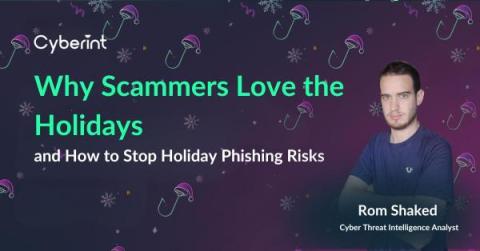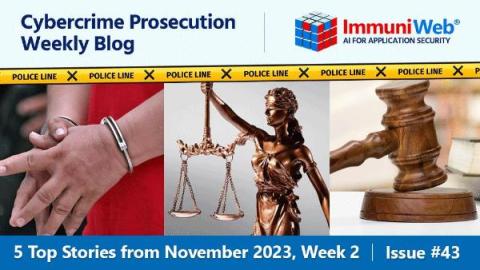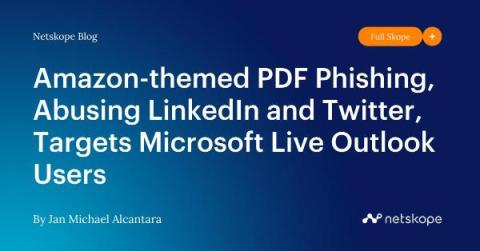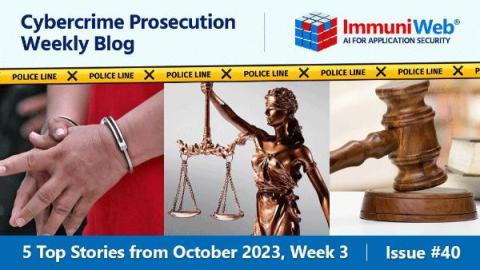With Expected Increases of Holiday Sales Comes Similar Expectations of More Cyber Scams
If increases in cyberattacks this year are any indication of what to expect in the next six weeks of holiday shopping, we should expect a massive uptick in holiday-related scams. The expectation by the National Retail Foundation for this year’s holiday shopping is that we will see 4% more spending than last year. This is a slight year over year decrease (as last year saw a 5.4% increase over 2021), but still indicates increases in spending.











